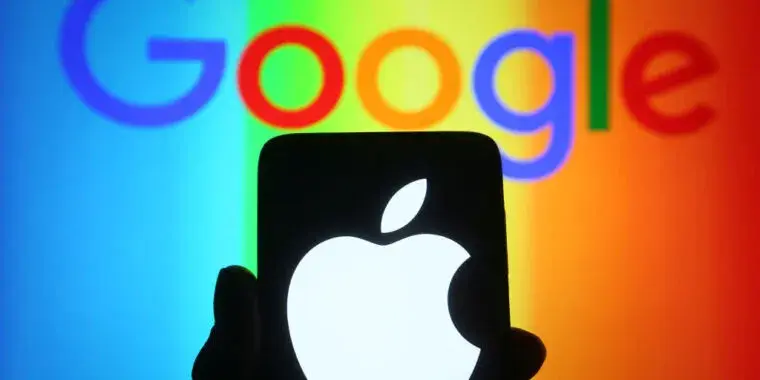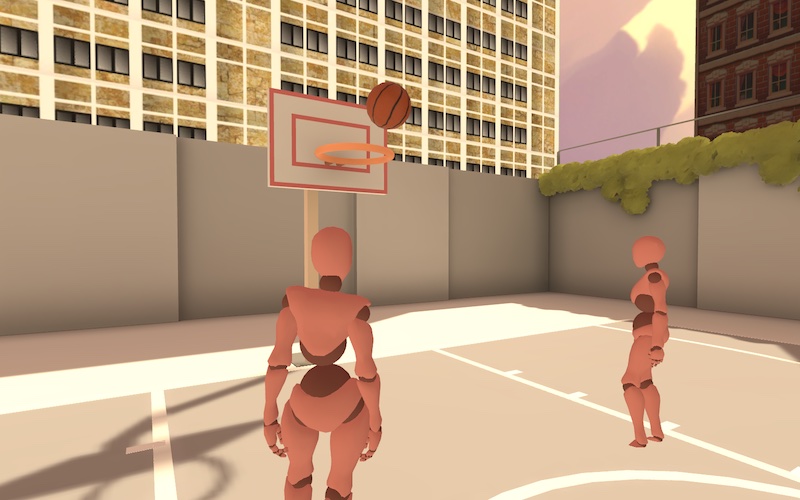he/him
openpgp4fpr:8d54f85b414086d978e71df49f845578082de33d
- 20 Posts
- 36 Comments

 2·5 months ago
2·5 months agoIIUC it wouldn’t be able to be automatically started then, right? I mean I guess you could drag it to startup but it would need the password to start. From a security minded perspective that’s good, but from a user perspective kind of sucks.
that’s true, but since this is a record of everything you’ve ever done, i feel this is the irreducible minimum for security. a separate password prompt would signal to the less technically-minded users that this is Serious
Always forced to foreground makes it even less convenient and kind of odd.
this is a design pattern i borrowed from Linux (my OS of choice). modern Linux apps require your explicit permission to run in the background, so most of them don’t even bother with running in the background at all. that said, i suppose it can run in the background, as long as the status indicator is sufficiently noticeable, but you’d have to go into the settings and flip that switch yourself
I don’t see this functionality as being useful if you have to remember to turn it on.
i imagine that it would become a habit, or you’d set it to run on startup. my use case would be turning it on for specific tasks like research or shopping, where you might only later remember that that one thing you saw was actually really valuable
I figure the cryptfs could be a bitlocker volume with a different key than the base C drives key to get similar protection. In theory it could also be based on the C drives bitlocker for a less secure, but still hardware level secured middle ground.
can a user-installed app do that?

 2·5 months ago
2·5 months agoif i were designing a recall program, here’s how i would do it: it would take a screenshot every five seconds, OCR it, then run it through local quantized image recognition and word association neural networks, and then toss everything into a CryFS vault. when launching the recall program, you have to provide the password to unlock the vault so it can read and write to it. it can only run in the foreground (so you have to keep the window open for it to run, no closing it and forgetting about it) and it will display a status indicator in your system tray that provides a menu to pause or stop recording. afterwards, you can mark any text or region of the screen for redaction, and it’ll redact it across all screenshots and delete it from the database; you can delete individual screenshots or entire periods of time; and there will be an easily accessible self-destruct option that shreds the database (i.e. overwriting it with random garbage 21 times before deleting it off the disk). this is all offline and the application will not request network access
i’m just making this up on the fly, so there are absolutely security and privacy considerations I absolutely forgot about, but this is the bare minimum i would like to see

 6·5 months ago
6·5 months agobrowser data is a potential liability, sure, but you have tools to manage it. you can delete pages or entire websites, you can use private windows, you can purge history older than 6 months or something like that, and at least a few browsers have a “forget” button that wipes out the last two hours of history. similar deals with cookies and other data, and we’ve collectively decided the benefit of having browser data is worth the risk.
not so here. Recall is a record of everything you’ve ever done on your PC. you can’t selectively delete things like you can with browser history, the app and website exclusion is only as good as whatever Recall is using to detect apps and websites, and you can’t redact sensitive info after the fact. people are generally okay with browser history and data because they know they have fine-grained controls to manage it, controls Recall doesn’t have

 24·5 months ago
24·5 months agopost title is misleading. it won’t make criticizing Israel illegal, but it will be legally considered hate

 14·6 months ago
14·6 months agoget another joke

 2·6 months ago
2·6 months agotry
$ sudo apt install akmod-nvidia. it’s gonna pull in some dependencies and a proprietary driver, and probably break Secure Boot if you have it set up, but that’s how i got it to work on Fedora (except i used dnf, of course)

 10·6 months ago
10·6 months agotenure was created to prevent nazi interference with academic freedom. and here we see nazi interference with academic freedom thwarted by tenure

 28·7 months ago
28·7 months agoidk, seems like forced birth and pedophilia are bigger threats to the dignity of the woman and the child than surrogacy

 21·7 months ago
21·7 months agothat’s all well and good, but one of the two will get in office no matter what. might as well suck it up and vote for the lesser evil.
besides, you said yourself which one you’d prefer. you’d flee the country if Trump got into office, and you acknowledge that the Democrats can be shamed into doing the right thing (unlike the Republicans). if it makes the choice more palatable, think of it not as a vote for someone but a vote against someone. not voting at all is complicity.

 41·7 months ago
41·7 months agowould you rather Trump be in office instead?

 20·7 months ago
20·7 months agoit isn’t obvious to anyone reading mainstream news. news orgs are bending over backwards to obfuscate who’s actually doing the killing (one particularly egregious example being the NYT writing a whole-ass haiku instead of stating that Israeli soldiers opened fire on Palestinians seeking aid). sure, this particular headline would be ok if it was common knowledge that Israel is causing the wanton destruction in Gaza, but thanks to every other headline being like this, it isn’t

 1681·7 months ago
1681·7 months agothis was on purpose. the World Central Kitchen notified the IDF about their movement, and their vehicles were clearly marked. there is no way this was an accident. the IDF purposely killed aid workers delivering food to Gaza. if this isn’t an indicator of their genocidal intentions, i don’t know what is

 15·9 months ago
15·9 months agooddly specific objection aside, where podcasting really shines is fiction. it’s the modern version of the radio drama. fiction podcasts like Welcome to Night Vale and Find Us Alive have narratives that are tailor-made for episodic audio and would not work in any other medium. a good fiction podcast is truly wonderful to listen to

 59·10 months ago
59·10 months agodoesn’t the Bible specifically warn about people like Trump?
For people will be lovers of self, lovers of money, proud, arrogant, abusive, disobedient to their parents, ungrateful, unholy, heartless, unappeasable, slanderous, without self-control, brutal, not loving good, treacherous, reckless, swollen with conceit, lovers of pleasure rather than lovers of God, having the appearance of godliness, but denying its power. Avoid such people.
— 2 Timothy 3:2–5, English Standard Version

 5·10 months ago
5·10 months agogenocide and ethnic cleansing were inevitable from the moment Israel was formed. ethnic cleansing is the inevitable result of an ethnostate, and Israel was formed to be a Jewish ethnostate. an ethnostate is an ethnostate, regardless of which ethnicity it’s for

 7·10 months ago
7·10 months agoI can sort of see the appeal if it were able to plug into your smart home or something so it could respond to queries like “where’s the dog”, but as a general knowledge assistant it’s worse than useless (unless it magically doesn’t confabulate anything anymore)

 12·1 year ago
12·1 year agoit’s just a lot of Israelis seem to see all gazans as hamas now, which is
problematicgenocidalfixed it for you

 36·1 year ago
36·1 year agoyes. it only surfaces citations that may back up the content better, an editor still has to read the source and approve the change

 72·10 months ago
72·10 months agoWikipedian here - AI on Wikipedia is actually nothing new. we’ve had a machine learning model identify malicious edits since 2017, and Cluebot (an ML-powered anti-vandalism bot) has been around for even longer than that.
even so, this is pretty exciting. from what i gather, this is a transformer model turned on its side; instead of taking textual data and transforming it, it checks to see if two pieces of textual data could reasonably be transformations of each other. used responsibly, this could really help knock out those [dubious] and [failed verification] tags en masse













It’s Cockney rhyming slang. If you want to come up with a slang term for a something, you take something that rhymes “yank → septic tank” and then cut it down “septic tank → seppo”